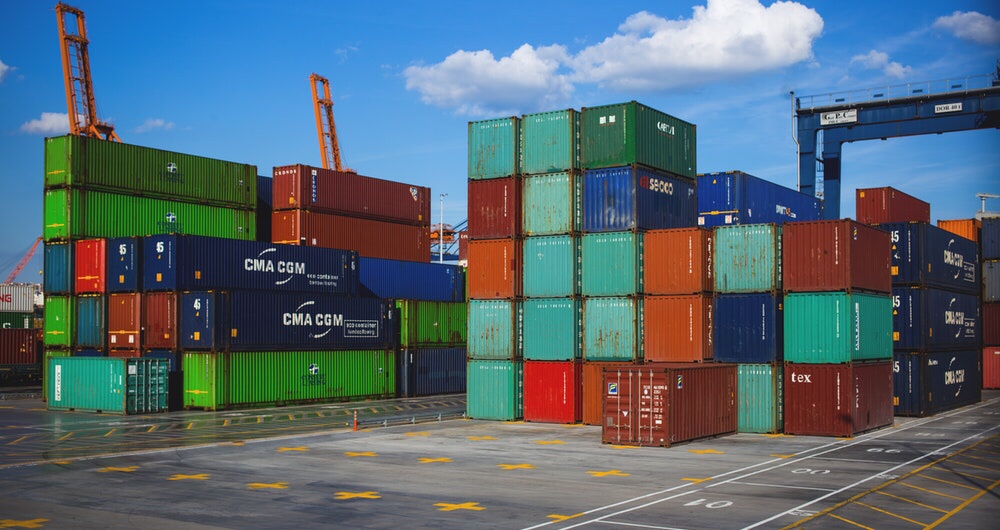• Entering the international market should not be done in a hurry or without a proper and long term plan.
• The exports business may need time to stabilize and grow. Hence, we must be ready to be patient and persistent.
We may focus on limited geographies at a time. First we should consolidate our position, stabilize our business in some selected countries and then only move to the next ones. Targeting too many countries all together may prove to be difficult to handle and eventually prove to be fatal to our exporting dreams.
• Before getting into any geography, we must research the market and other realities in that country. We should try to make proper assessment of the political situation, competition, potential risk, difficulties involved and growth opportunities in the country.
• At various stages of the export activities, we may need assistance from experienced experts. We must not hesitate in taking help from them, if we are not sure about something or where our knowledge and experience is lacking.
• We should provide sufficient marketing resources for developing the international market for our products or services. We may need to hire people and develop new marketing plan, activities and material especially for the international market. This may increase cost, but in order to make space in the international market, we must allocate the resources.
• We should increase our visibility in the target countries. Trade shows and other options in those countries must be explored.
• Due to different cultures, weather, technologies, regulations, languages etc. all the products don’t work equally in all countries. So, we may need to change designs, contents or colors of some of our products, accessories or packaging. This adaptation is a must and is worth the efforts, because without that the product may not be acceptable in the newer markets.
• Different countries may have different products standards and requirements. We must understand and do the needful to fulfill to conform to these standards.
• We may have to provide budget for increased cost in terms of administration, communication, travel and longer payment recovery.
• Exports may need special licenses, permissions and abiding by some regulations. We need to be ready and prepared for that.
• We should make use of government, associations and export promotion bodies’ help in export. Explore various incentives, schemes and concessions available to the exporters.
• Get a good agent or distributor in the destination country. Make a proper agreement with them.
• It is advisable to get such agreements and other export contracts prepared by an experienced legal expert.
• Be very careful about the intellectual property rights (IPR) rules in our buyers’ countries. We should not unknowingly violate any IPR of some company. At the same time, we must do the needful to safeguard our own IPR.
• If our product requires installation or servicing after sales, then we must make arrangement for the same. Either we should develop a network of service providers who can do this or we must provide some manuals or guides in text or video format which can help them take care of installation or servicing. Such guides must also be available in the local languages of the target country.
• We can make use of online technologies to make servicing and support easier for the company and the customer.
• Similarly, we must ensure that the spare parts which may need replacement must be available easily in the buyer country. Such things must be considered at the time of designing the product.
• If we give warranties for our product, we have to prepare a structure which will make its implementation possible in the most convenient and hassle free way for the customers.
(Expert advice to GROW your business wherever you are, whenever you want.
SMEBusinessGuide.com… https://goo.gl/E3pfoQ)
WHAT YOU CAN READ NEXT
NEXT POST:

Import Basics
PREVIOUS POST:

Export Basics





